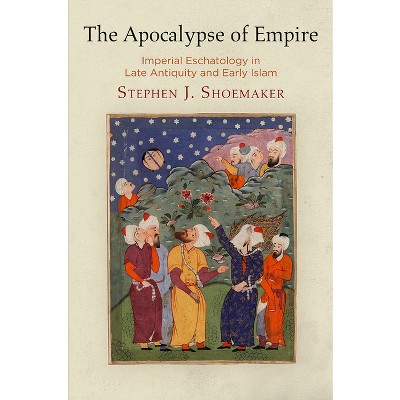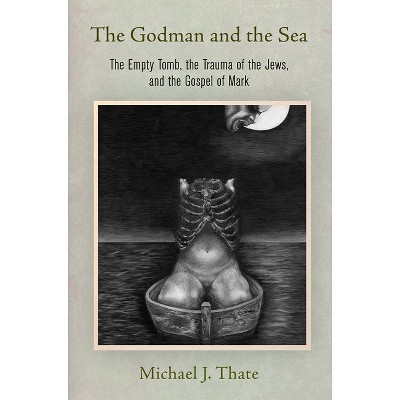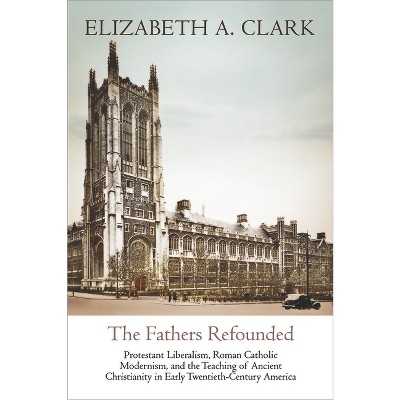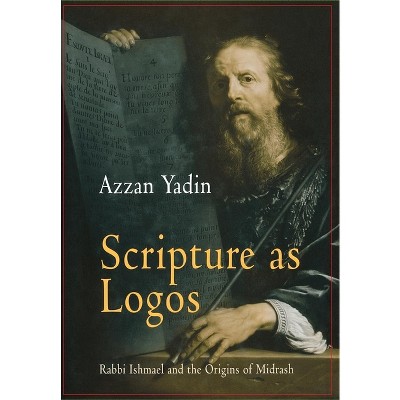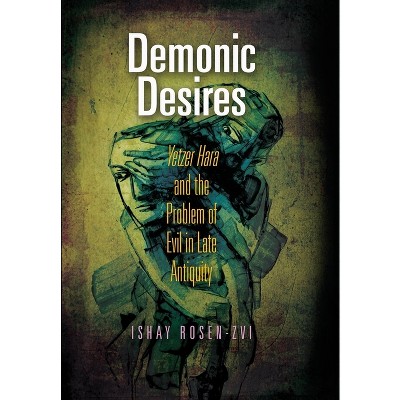A Common Justice - (Divinations: Rereading Late Ancient Religion) by Uriel I Simonsohn (Hardcover)

About this item
Highlights
- In A Common Justice Uriel I. Simonsohn examines the legislative response of Christian and Jewish religious elites to the problem posed by the appeal of their coreligionists to judicial authorities outside their communities.
- About the Author: Uriel I. Simonsohn is an affiliate of the Martin Buber Society of Fellows at the Hebrew University of Jerusalem.
- 320 Pages
- Religion + Beliefs, History
- Series Name: Divinations: Rereading Late Ancient Religion
Description
About the Book
Focusing on the late seventh to early eleventh centuries in the region between Iraq in the east and present-day Tunisia in the west, this study explores the multiplicity of judicial systems that coexisted under early Islam to reveal a complex array of social obligations that connected individuals across confessional boundaries.
Book Synopsis
In A Common Justice Uriel I. Simonsohn examines the legislative response of Christian and Jewish religious elites to the problem posed by the appeal of their coreligionists to judicial authorities outside their communities. Focusing on the late seventh to early eleventh centuries in the region between Iraq in the east and present-day Tunisia in the west, Simonsohn explores the multiplicity of judicial systems that coexisted under early Islam to reveal a complex array of social obligations that connected individuals across confessional boundaries. By examining the incentives for appeal to external judicial institutions on the one hand and the response of minority confessional elites on the other, the study fundamentally alters our conception of the social history of the Near East in the early Islamic period.
Contrary to the prevalent scholarly notion of a rigid social setting strictly demarcated along confessional lines, Simonsohn's comparative study of Christian and Jewish legal behavior under early Muslim rule exposes a considerable degree of fluidity across communal boundaries. This seeming disregard for religious affiliations threatened to undermine the position of traditional religious elites; in response, they acted vigorously to reinforce communal boundaries, censuring recourse to external judicial institutions and even threatening transgressors with excommunication.Review Quotes
"A complex and detailed picture of judicial attitudes and practices of the Christian and Jewish leaderships and communities under Muslim rule in the early Islamic period, throwing light on the lives of these communities from a particularly interesting point of view. The presentation of the ample evidence, as well as the discussion, is clear and coherent and the conclusions are convincing and thought-provoking."-- "The Medieval Review"
"An important and much-needed contribution to ongoing debates about minorities in the Middle Ages and about minorities under Islam as well as their relative freedoms and disabilities. The book is built on solid research and an impressive mastery of a wide variety of source materials in numerous languages. The arguments it puts forward are entirely convincing and have the potential to help move forward a remarkably stubborn and ideologically laden historiographic consensus."-- "Marina Rustow, Johns Hopkins University"
"This is a very welcome book. It offers a theoretically informed and up-to-date analysis of the workings of social power within communities that lived side by side, even if they are said to have lived separate lives."-- "Arietta Papaconstantinou, Université Paris I"
About the Author
Uriel I. Simonsohn is an affiliate of the Martin Buber Society of Fellows at the Hebrew University of Jerusalem.Shipping details
Return details
Trending Poetry






